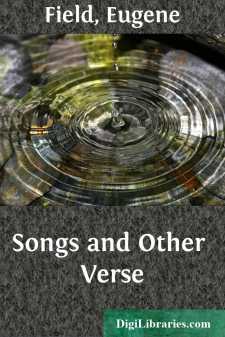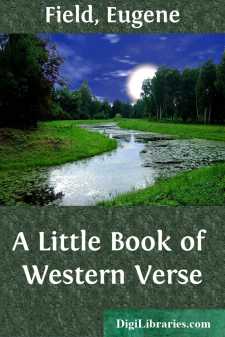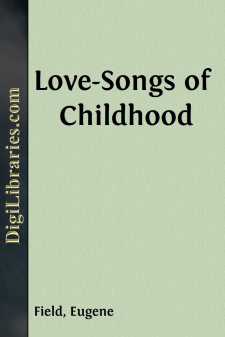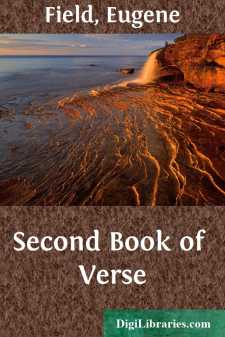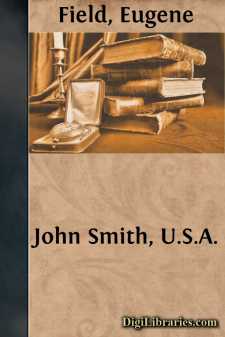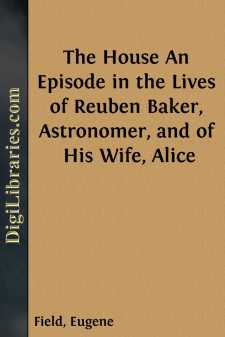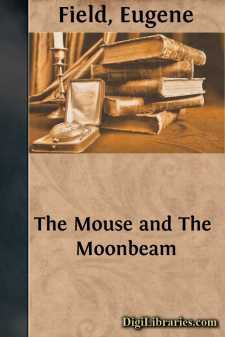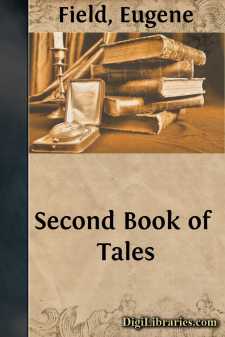Categories
- Antiques & Collectibles 13
- Architecture 36
- Art 48
- Bibles 22
- Biography & Autobiography 815
- Body, Mind & Spirit 144
- Business & Economics 28
- Children's Books 18
- Children's Fiction 14
- Computers 4
- Cooking 94
- Crafts & Hobbies 4
- Drama 346
- Education 58
- Family & Relationships 59
- Fiction 11833
- Games 19
- Gardening 17
- Health & Fitness 34
- History 1378
- House & Home 1
- Humor 147
- Juvenile Fiction 1873
- Juvenile Nonfiction 202
- Language Arts & Disciplines 89
- Law 16
- Literary Collections 686
- Literary Criticism 179
- Mathematics 13
- Medical 41
- Music 40
- Nature 179
- Non-Classifiable 1768
- Performing Arts 7
- Periodicals 1453
- Philosophy 65
- Photography 2
- Poetry 896
- Political Science 203
- Psychology 44
- Reference 154
- Religion 515
- Science 126
- Self-Help 85
- Social Science 82
- Sports & Recreation 34
- Study Aids 3
- Technology & Engineering 59
- Transportation 23
- Travel 463
- True Crime 29
Our website is made possible by displaying online advertisements to our visitors.
Please consider supporting us by disabling your ad blocker.
Songs and Other Verse
by: Eugene Field
Description:
Excerpt
INTRODUCTION
"It is about impossible for a man to get rid of his Puritan grandfathers, and nobody who has ever had one has ever escaped his Puritan grandmother;" so said Eugene Field to me one sweet April day, when we talked together of the things of the spirit. It is one of his own confessions that he was fond of clergymen. Most preachers are supposed to be helplessly tied up with such a set of limitations that there are but a few jokes which they may tolerate, and a small number of delights into which they may enter. Doubtless many a cheerful soul likes to meet such of the clergy, in order that the worldling may feel the contrast of liberty with bondage, and demonstrate by bombardment of wit and humor, how intellectually thin are the walls against which certain forms of skepticism and fun offend. Eugene Field did not belong to these. He called them "a tribe which do unseemly beset the saints." Nobody has ever had a more numerous or loving clientage of friendship among the ministers of this city than the author of "The Holy Cross" and "The Little Yaller Baby." Those of this number who were closest to the full-hearted singer know that beneath and within all his exquisite wit and ludicrous raillery—so often directed against the shallow formalist, or the unctuous hypocrite—there were an aspiration toward the divine, and a desire for what is often slightingly called "religious conversation," as sincere as it was resistless within him. My own first remembrance of him brings back a conversation which ended in a prayer, and the last sight I had of him was when he said, only four days before his death, "Well, then, we will set the day soon and you will come out and baptize the children."
Some of the most humorous of his letters which have come under the observation of his clerical friends, were addressed to the secretary of one of them. Some little business matters with regard to his readings and the like had acquainted him with a better kind of handwriting than he had been accustomed to receive from his pastor, and, noting the finely appended signature, "per —— ——," Field wrote a most effusively complimentary letter to his ministerial friend, congratulating him upon the fact that emanations from his office, or parochial study, were "now readable as far West as Buena Park." At length, nothing having appeared in writing by which he might discover that —— —— was a lady of his own acquaintance, she whose valuable services he desired to recognize was made the recipient of a series of beautifully illuminated and daintily written letters, all of them quaintly begun, continued, and ended in ecclesiastical terminology, most of them having to do with affairs in which the two gentlemen only were primarily interested, the larger number of them addressed in English to "Brother ——," in care of the minister, and yet others directed in Latin:
Ad Fratrem —— ——
In curam, Sanctissimi patris ——, doctoris divinitatis,
Apud Institutionem Armouriensem,
CHICAGO,
ILLINOIS....


